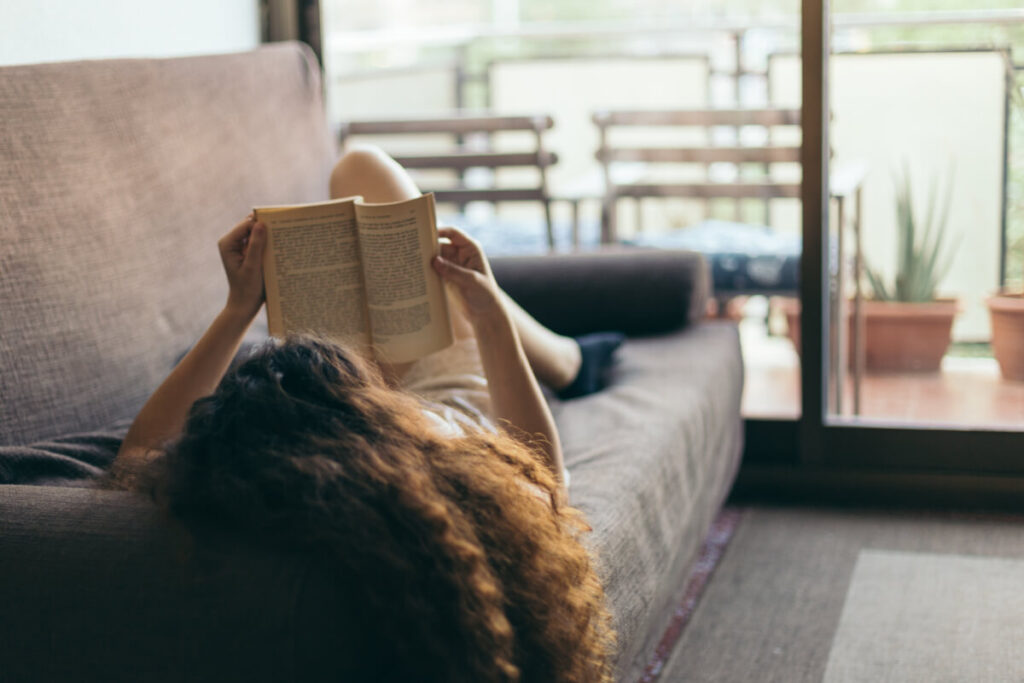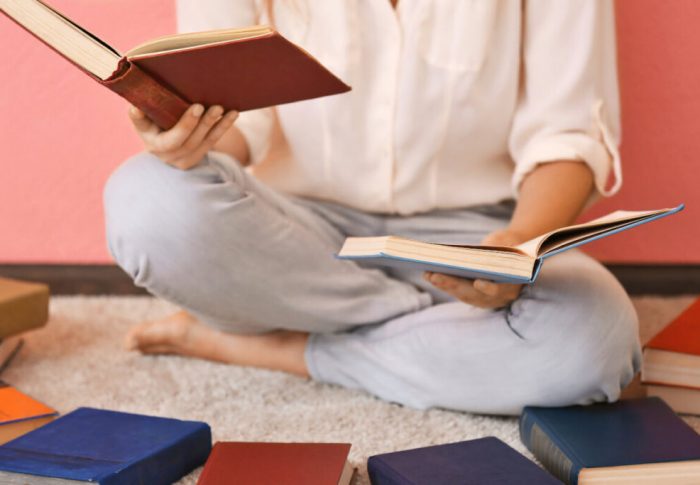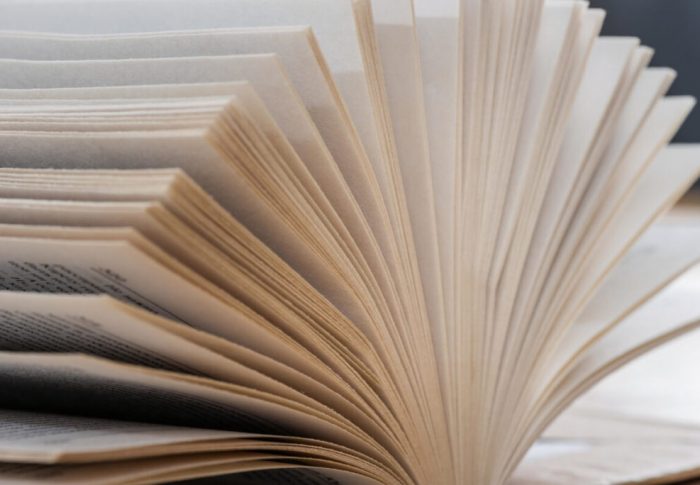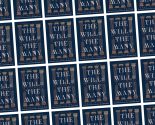
9 Ways to Develop Good Reading Habits
Are you already a book lover but want to develop better reading habits? Or do you want to start reading and wonder what the best reading habits are? Either way, you can benefit from these examples of good reading habits and incorporate them into your daily life…so read on to discover the best ways to develop good reading habits!
A reading habit is the small decisions and actions you make about reading in your daily life. Whether you want to start becoming a bookworm or simply read more (or better!) than you currently do, it’s important to understand good reading habits that can help you achieve your goals.
It’s also important to note that there are good and bad reading habits. If you don’t pay attention to developing good reading habits, you may accidentally develop bad reading habits! So let’s look at some examples of good reading habits to help you get and stay on track.
The 9 Best Reading Habits of Great Readers
What are the best reading habits? They help you read better, stay focused, and enjoy your reading experience! Good reading habits may vary from person to person, but some basic principles still apply, so here are 7 ways to help you start developing good reading habits for yourself.
- Set aside time to read: If you want to read more or become a good reader, first, you need to make actually reading a priority. Other things can easily intrude (hello, Netflix!) and take up time you should be spending reading. So if you want to get serious about developing good reading habits, it might be a good idea to set aside specific reading times, whether it’s morning reading, lunch break reading, bedtime reading, or any other time that works for you. If you know it’s “sacred reading time” — a time when you’re not allowed to keep your phone or other distractions nearby — you’re more likely to stick with the actual reading.
- Set reading goals for yourself: When looking to develop good reading habits, another fundamental principle needed to form the habit is to set reading goals for yourself. You can choose to set yourself many different reading goals, but just having one can help you become a better reader. It’s even better if your goals are specific and measurable because then you can positively see yourself making progress!
- Read every day: Similar to setting aside specific reading times and setting reading goals for yourself, one of the best reading habits you can develop is to read every day. This doesn’t mean you have to read a ton of stuff every day; it just means you actually need to stick to something every day. In the process of becoming a reader or becoming a better reader, you’ll find that a routine helps ensure you’re actually reading. If you start by making sure you read at least a little bit every day, you’re less likely to realize that six months later you still call yourself a “reader” but can’t actually remember the last time you read something.
- Track your reading: In the process of developing good reading habits, another habit that can help you stick to it in the long run is tracking your reading and progress. There are many different ways to track your reading, from community reading platforms like Goodreads to physical journals, to spreadsheets that I create and use myself, and more. The important thing is to find a method that works for you and that you enjoy using, and one that makes it easy for you to see real progress by sticking to good reading habits.
- Keep a list of TBRs: The next step in developing a new or improved reading habit is to keep a TBR list. TBR stands for “to be read,” so a TBR list essentially means creating a list of books you want to read next. If you have a lot going on in your life, you may find that you see a book that piques your interest, but you think you’ll remember it later when you need to choose a new book to read, only to find that you forgot the title of the book, the author’s name, or both. Instead, if you keep a TBR list (the actual physical or digital list), then when it’s time to choose a new book, you’ll know the exact titles that sounded interesting to you before.
- Carry a book with you: While keeping a TBR list can help you easily have a list of books to read next, another way to reduce dyslexia is to always have a book with you. If you always have a book with you, you can read it whenever you have a few minutes to spare – no more mindless scrolling through your phone during life’s empty moments! Whether you prefer carrying a paper book with you or an ebook on your phone that you can read during those “waiting” moments in your life or investing in a Kindle or tablet, having a book close at hand to read anytime is a great way to develop better reading habits and integrate reading more into your life.
- Take notes while reading: Another great reading habit you can develop if youwant to become a better reader is to take notes while reading. This can help you stay engaged with the material, retain information better, and make connections between different parts of the book. You can underline or highlight important passages, jot down notes in the margins, or keep a separate notebook for your thoughts and observations. By actively engaging with the text, you’ll be more likely to remember what you read and get more out of the experience.
- Read widely and diversely: To become a well-rounded reader, it’s important to read widely and diversely. This means reading books from a variety of genres, authors, and perspectives. By exposing yourself to different types of writing, you’ll expand your vocabulary, learn about different cultures and experiences, and broaden your worldview. Plus, you never know what you might discover when you step outside of your reading comfort zone!
- Discuss books with others: Finally, a great way to enhance your reading experience and develop good reading habits is to discuss books with others. Joining a book club, talking to friends or family members about what you’re reading, or even just sharing your thoughts on social media can help you process what you’ve read, gain new insights, and connect with other readers. Plus, it’s always more fun to share your love of reading with others!
In conclusion, developing good reading habits takes time and effort, but the rewards are well worth it. By setting aside dedicated reading time, setting goals, tracking your progress, carrying a book with you, and engaging with the material through note-taking and discussion, you’ll become a better reader and enjoy the process more. So start incorporating these habits into your daily life and see what a difference they can make!







Tagged DNF meaning, How to deal with DNF books, Keeping track of books, Reading habits, reading journal